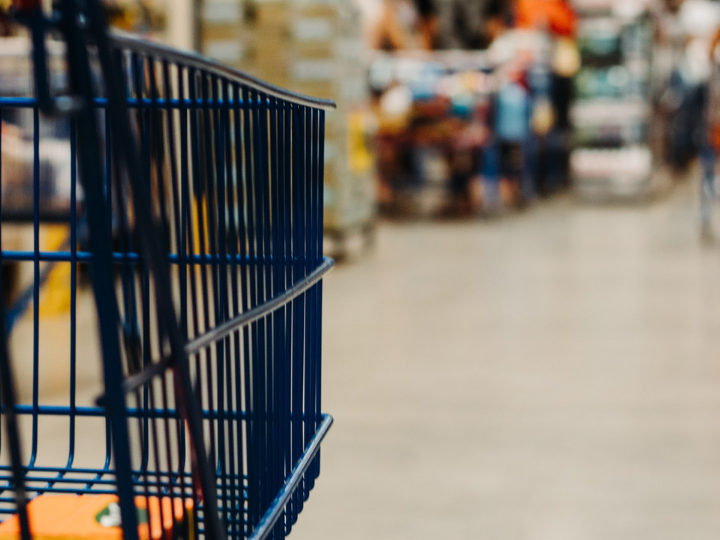by Antonios Zairis*
In its latest report, the Food and Agriculture Organization of the United Nations (FAO) talks openly about possible shortages of basic products whose production is based on the import of cereals from war-torn countries - such as pasta, bread, cereals. The war acts as a multiplier of negative factors as both warring countries have an increased share of world exports of main cereals and seed oil. The impact of the conflict will bring about a food and energy crisis for many years not only for vulnerable population groups but also for the global community due to disruption of food stocks, high price increases, irregular supply chain operations and unpredictable energy fluctuations. On the one hand, the surge in food prices is causing a blow to business turnover and discouraging investment initiatives and the creation of new jobs, and on the other hand, it is redistributing the household "basket" in terms of the purchasing preferences of consumers, who are now geared toward meeting their basic needs rather than their expectations as they used to do in the past. These expectations coupled with buying experience had led to an upsurge in consumerism, but today the era of abundance is coming to an end. After the wave of panic buying and insecurity due to the pandemic and the observed shortages on the shelves, another phenomenon of product code rationalisation will make its appearance, i.e. the reduction of variety to specific codes per product category, the restriction of packaging options, flavours etc. Large losses in turnover, increase in operating costs, large charges on raw materials creating forced revaluations, energy costs that participate in about 30% of a company’s overheads and the continuing turbulence throughout the supply chain are forcing companies to review their Strategies with emphasis on cost containment and maintaining "areas" of profitability as a factor affecting their survival.
On the other hand, the reduction in disposable income, the increasing inflationary pressures, the excessive food price increases and the "beastly" contribution of energy are forcing consumers to revise their family budget and rationalise their purchasing mix.
Today we are on the brink of a food crisis that concerns us all, even in developed Western societies, as all of the above is compounded by natural disasters that have affected crops, drought and the rapid growth of the world’s population, making both the abundance of cheap food and sufficiency the subject of intense concern and serious analysis for the future of our planet.
*Deputy Vice President of H.R.B.A, Assistant Professor of Business Administration at Neapolis University of Cyprus and member of the American Economic Association




 By: N. Peter Kramer
By: N. Peter Kramer
